WACKER & Nordmann in conversation: Innovation, sustainability and regional strength
For the past seven months, Nordmann has served as the distribution partner for WACKER's silicone elastomers throughout Europe. In your view, what makes the partnership between WACKER and Nordmann unique in the current market landscape?
Dr. Christian Anger, WACKER: Our collaboration with Nordmann is more than just a distribution agreement – it’s a strategic alliance. In this alliance, both companies join forces to ensure that innovative silicone rubber solutions developed by WACKER reach the market, Nordmann offering the technical expertise customers need since many years. That’s especially important when we’re introducing new silicone-based products and technologies.
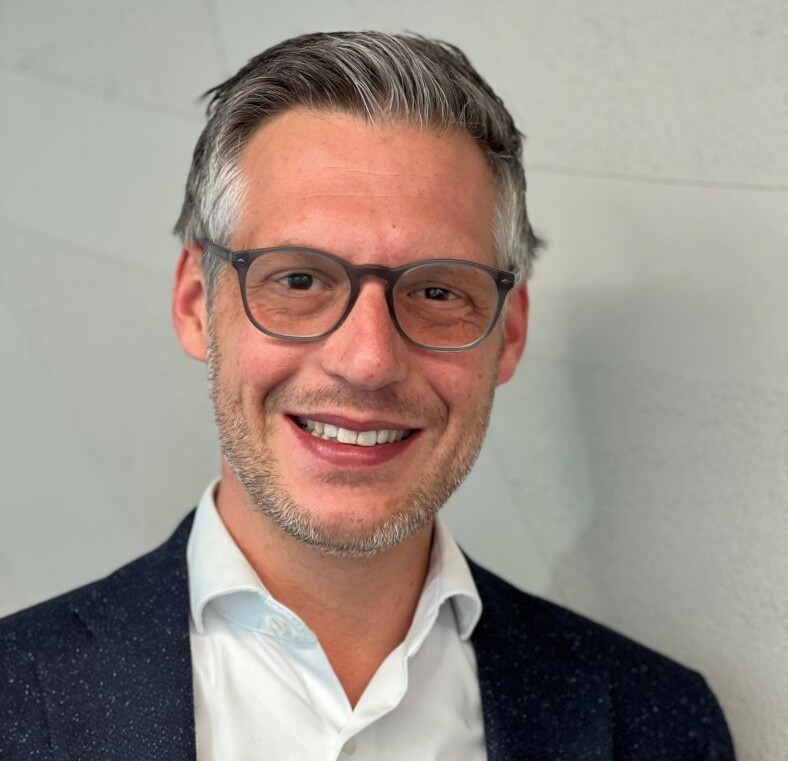
Dr. Christian Anger, Senior Marketing Manager Rubber Solutions at WACKER
Frederik Röhrs, Nordmann: And from our side, WACKER’s commitment to innovation gives us a strong foundation to build on. The fact that we can offer cutting-edge materials like ELASTOSIL® eco, backed by local support and short supply chains, is a real differentiator. Regionality is a growing priority, and our collaboration makes that possible.
Can you tell us more about WACKER’s sustainability initiatives?
Christian: Absolutely. One of our key sustainability initiatives is the ELASTOSIL® eco product line. These silicones are produced using bio-based methanol derived from straw. The production is certified in accordance with the REDcert2 standard, which ensures the traceability of renewable raw materials along the entire production process. This allows us to replace fossil feedstock without altering the product’s performance. Customers do not have to requalify their final goods. By the way, it also has a positive impact on the product’s carbon footprint.
Frederik: That’s a huge benefit for our customers. They get the same high-quality silicone –whether it’s ELASTOSIL® eco LR 5040/20–70 or ELASTOSIL® eco LR 5003/60 – which are produced in a resource-efficient manner and stem from plant-based methanol derived from non-fossil sources. And because it’s a drop-in solution, there’s no need to change formulations or processes.
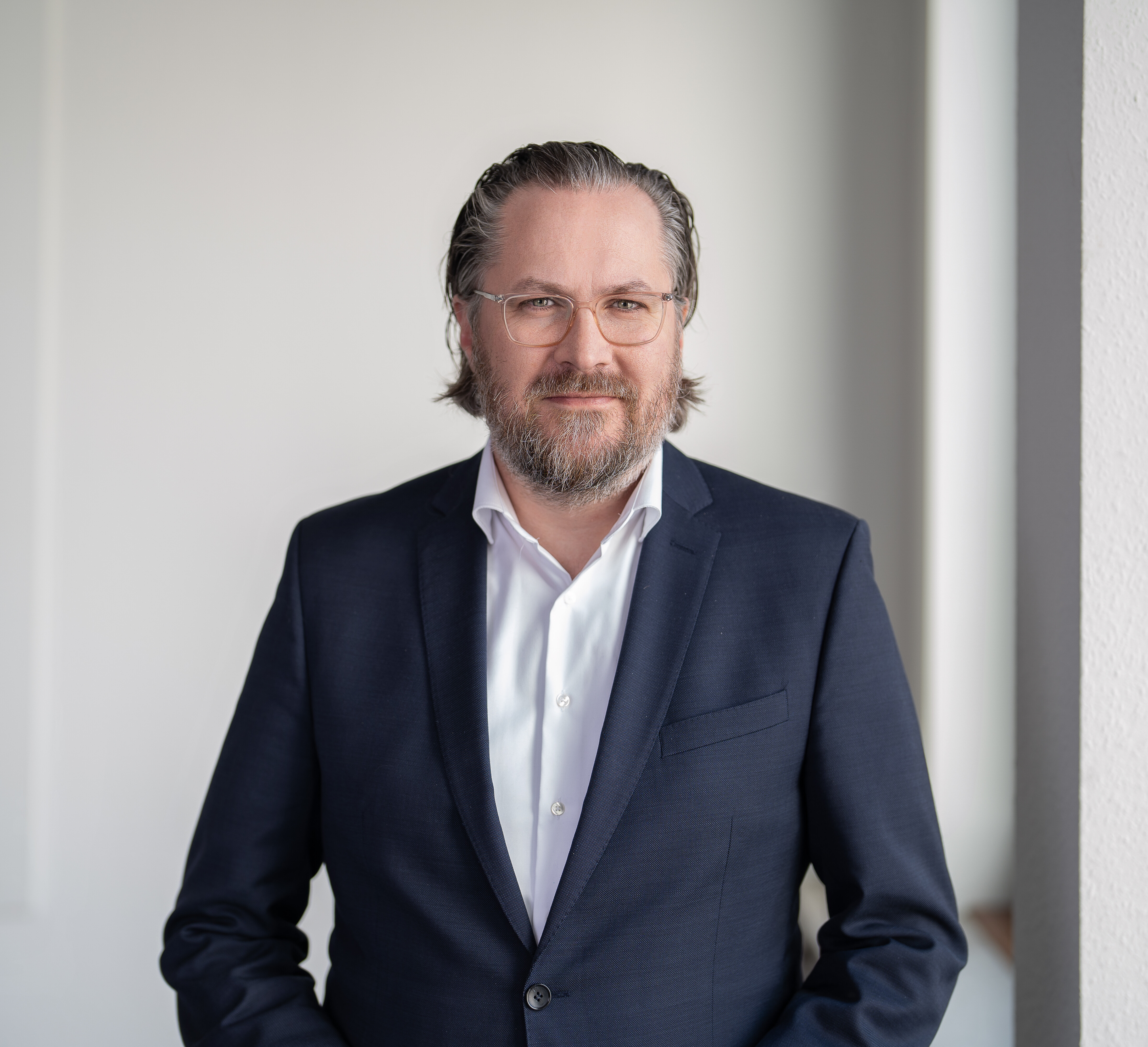
Frederik Röhrs, Sales Director Europe Silicone Elastomers & Electronics at Nordmann
Christian: And the environmental impact is measurable. With the carbon mass balance technique we can quantify the savings, making it easier for customers to meet their sustainability targets.
Let’s talk about solutions for the future. E-mobility or energy transition are only two buzzwords.
Christian: In the e-mobility sector, ELASTOSIL® R 531/60 is a game-changer. It is a high-consistency rubber (HCR) designed for insulating busbars in EV batteries. In the event of thermal runaway, it forms a ceramic-like layer that prevents short circuits. The protective layer remains intact even at temperatures between 800 and 1000 °C.
Frederik: That’s critical for passenger safety. And it’s also highly processable – extrudable, bendable, and impact-resistant.
Christian: The high flexibility and tear strength of the silicone allow busbars to be bent and adapted to the surface structures of the battery without cracking. ELASTOSIL® R 531/60 is also extremely flexible, even at temperatures down to 40 °C, protecting the battery from vehicle body vibrations and impacts.
Frederik: Let’s not forget POWERSIL® 1900 A/B, the new HCR for composite hollow-core insulators with silicone housing. It’s designed for large-scale insulators produced by a special extrusion process known as spiral extrusion. This allows for efficient production of even conical insulators, something that’s difficult with traditional molding.
Christian: And it’s not just about size. POWERSIL® 1900 A/B offers excellent tracking, erosion, and arc resistance. Its hydrophobicity transfer is unique, meaning that it stays water-repellent even when polluted. That’s essential for outdoor high-voltage applications.
Frederik: Insulators made with this product are also UV-resistant and mechanically robust – ideal for withstanding weather, earthquakes, and even vandalism. In short, the new HCR improves power grid resilience while reducing maintenance costs.
What does this partnership offer customers?
Christian: Whether it’s e-mobility, energy infrastructure, or consumer goods, our goal is to deliver solutions that work – not just materials. And with Nordmann, we have a partner who understands that vision and can help us make our silicones available to customers located in Europe.
Frederik: We’re proud to bring these innovations to market. At Nordmann, we call it knowledge in action – because we’re not just delivering materials, we’re delivering progress. Together with WACKER, we’re helping our customers succeed today and prepare for tomorrow.
For more information, please contact:
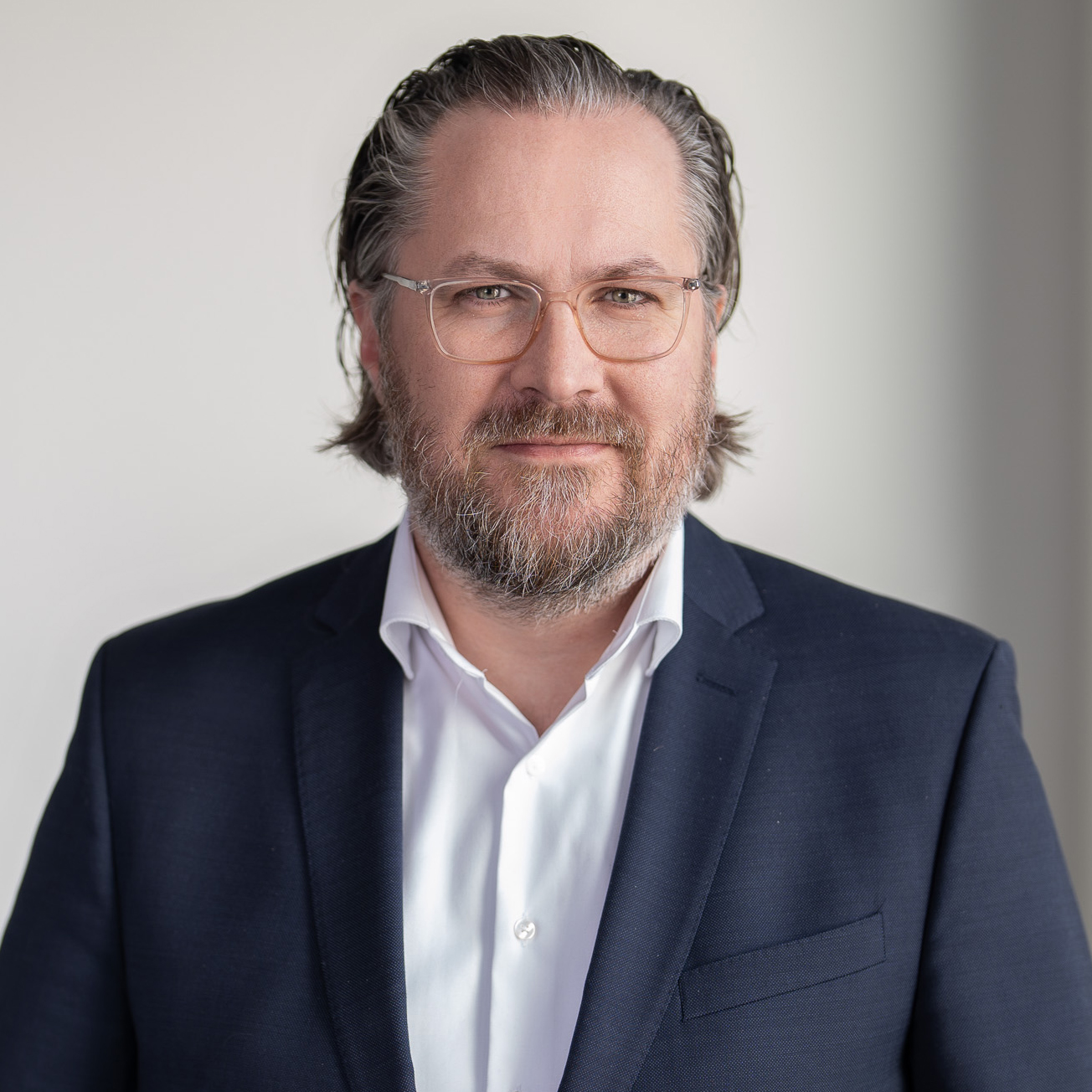
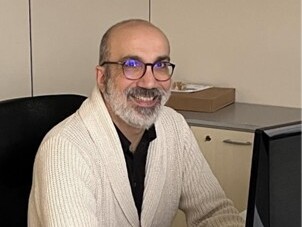
Success Story: WACKER & Nordmann Partnership
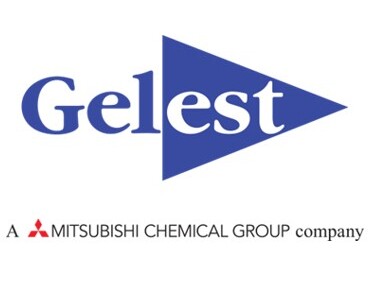
Gelest Appoints Nordmann as Primary EMEA Distribution Partner



